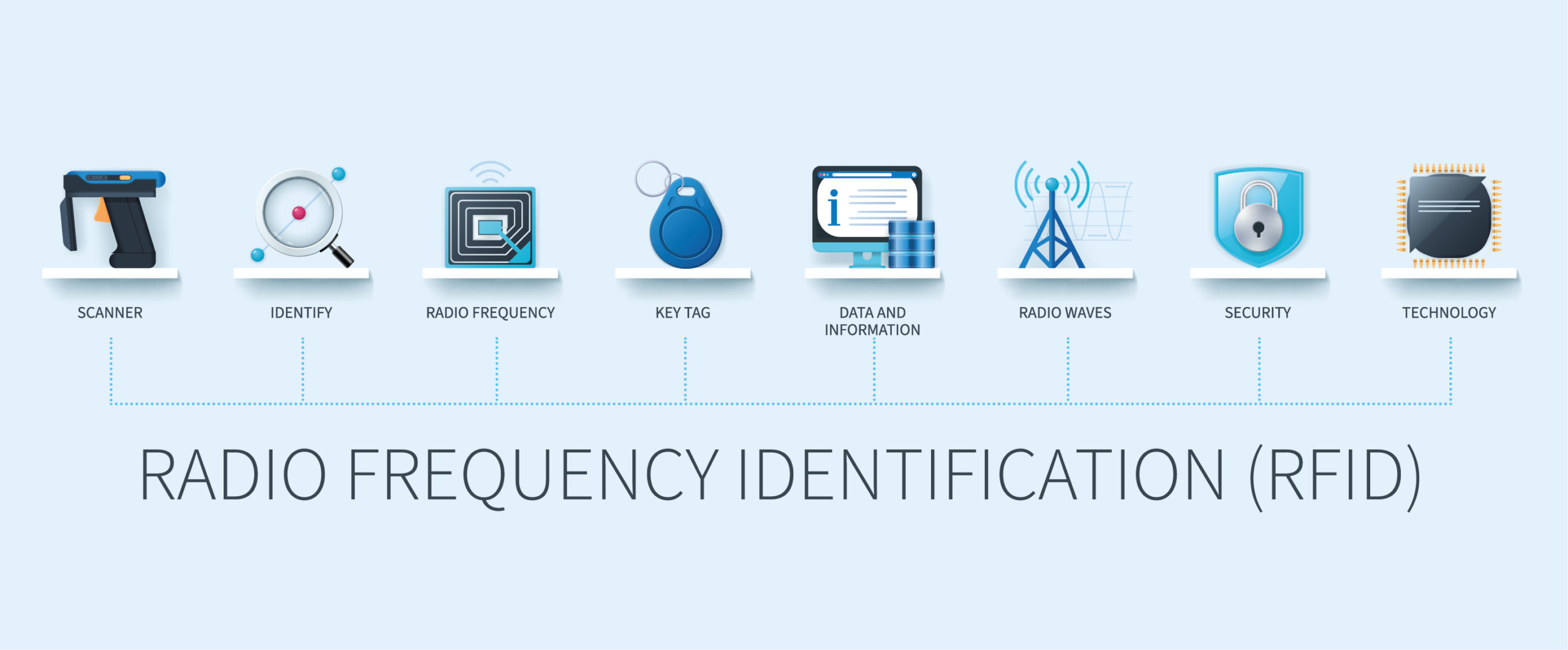
Introduction to RFID in Container Logistics
Radio Frequency Identification (RFID) technology has revolutionized the way we track and manage cargo in container logistics. By leveraging wireless communication to identify and track containers, RFID enhances operational efficiency and data accuracy across the global supply chain. This introduction explores the fundamentals of RFID and its transformative impact on logistics operations.
Key Terms and Definitions
- RFID Technology: A system that uses radio waves to automatically identify objects, such as shipping containers, via electronic tags.
- Container Tracking: The process of monitoring the location and status of shipping containers in real-time using RFID tags.
- Freight Identification: RFID’s capability to uniquely identify cargo items, improving the inventory control and reducing discrepancies.
- Cargo Monitoring: Utilizing RFID for continuous surveillance of cargo conditions, ensuring security enhancement and supply chain integrity.
- Logistics Efficiency: The optimization of logistics operations through RFID, leading to reduced costs and faster delivery times.
Applications and Benefits
The application of RFID in container logistics spans various aspects, from asset management to shipment visibility. By enabling real-time information flow, RFID technology aids in creating a more resilient and responsive supply chain. The geolocation tracking feature ensures that stakeholders have precise information on container whereabouts, facilitating better planning and decision making.
